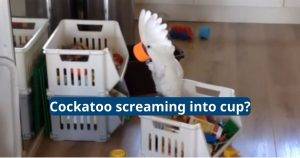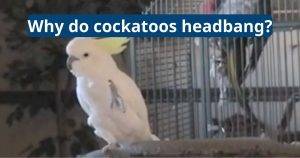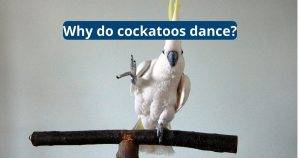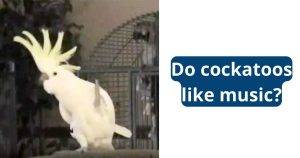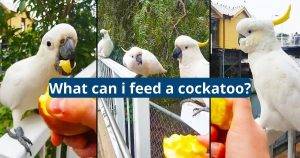What is Violet Conure?
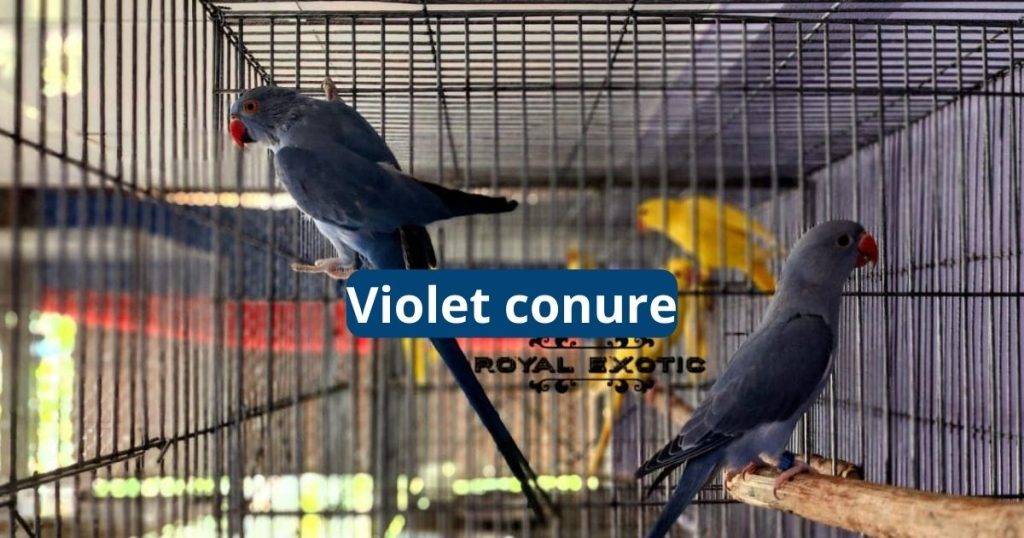
Violet conures are playful and entertaining parrots. They need a lot of out-of-cage time and interaction with their owners. If deprived of this, they can become depressed and engage in self-mutilation. Choose pellet foods with a fresh, pleasant scent and high nutritional content. You can also give them a combination of formulated pellets, low-fat seeds, vegetables, and fruits.
Lifespan
Conures are small to medium-sized parrots in the family Aratinga that can be found throughout Latin America. They are also popular as pets. Their colors can be a beautiful green, blue or a combination of both. They are also known for their playful nature and entertaining tricks. They are very inquisitive, social and intelligent birds. They need plenty of interaction and attention to avoid being bored and will often engage in tomfoolery to get their owner’s attention.
These birds can be very expensive. They are best bought after they have been hand reared and have gone through their adolescence, as this is when they are most affordable.
Sun conures have a wide range of colors and are known for their ability to mimic sounds, including whistles, microwaves and doorbells. Wild sun conures have a lifespan of 15 years. Females have a shorter lifespan due to the hormonal changes during breeding season and when they become mothers.
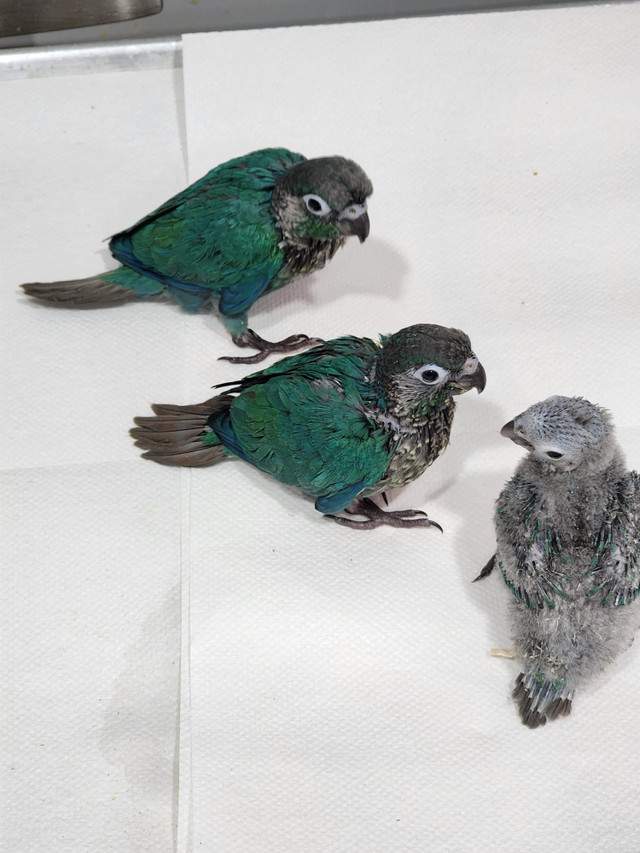
Diet
In their natural habitat, violet conures feast on a variety of fruits, vegetables and seeds. In captivity, these birds should be fed a varied diet of pellets, commercial bird seed and fresh foods, including dark leafy vegetables, squash, berries and melons.
Avoid table scraps and fatty foods, which can lead to obesity and weight gain. A violet conure should also have access to a variety of calcium-rich foods, such as broccoli and greens. Limit or avoid dairy products, however, as these are not readily digested by these birds and can cause high cholesterol levels.
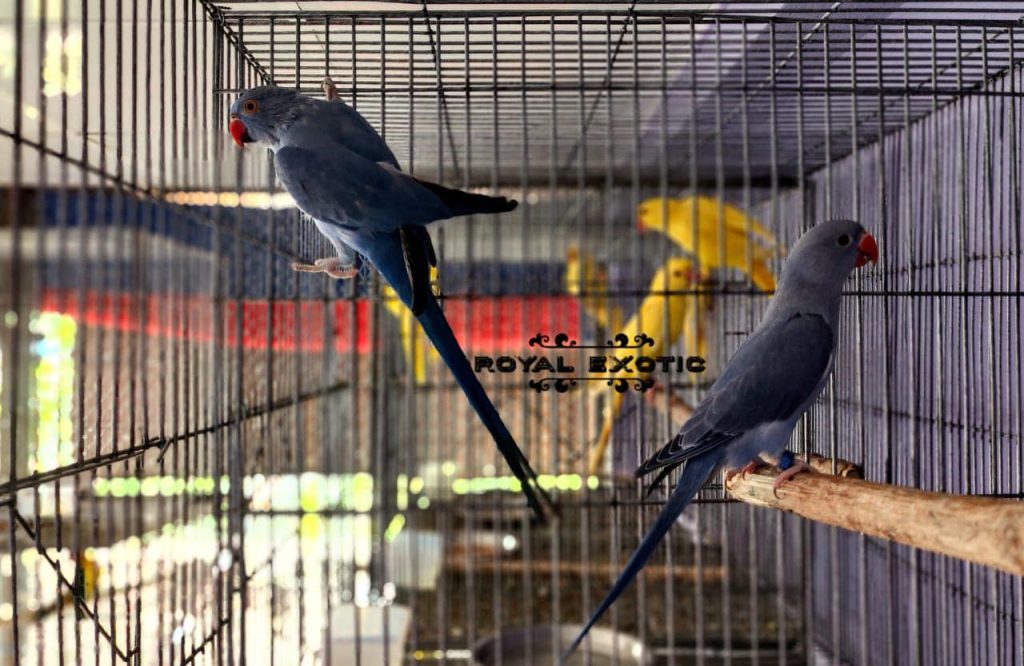
All conures, including the violet conure turquoise, are prone to feather picking, so it is important to monitor their behavior for signs of boredom or distress. They should be taken to an avian veterinarian regularly to catch any diseases early, such as proventricular dilatation disease (PDD), a neurological disorder; psittacine beak and feather disease (PBFD); bacterial infections like streptococcus; or beak malocclusion/alignment issues.
Health
Violet conures can live up to 25 years in captivity, depending on the level of care they receive. They enjoy spending time out of their cages and love to play games with their owners. They should be given plenty of out-of-cage time every day, at least several hours. This will allow them to stretch their wings and solve puzzles.
They should have a variety of fruits, vegetables, and fortified seeds in their diet, with pellets making up 70% of their food. They also need fresh, chlorine-free water daily. violet conures are prone to feather picking, so it is important to keep them busy and entertained. They may also become bored and start self-harming activities if not occupied enough.
Violet conures are a fairly healthy bird, but they are prone to common parrot diseases. These include periventricular dilatation disease (PDD), a neurological disorder; psittacosis, a bacterial infection; and beak malocclusion and beak disalignment. It is best to have your conure screened regularly by an avian vet so that any potential problems can be caught and treated early on.
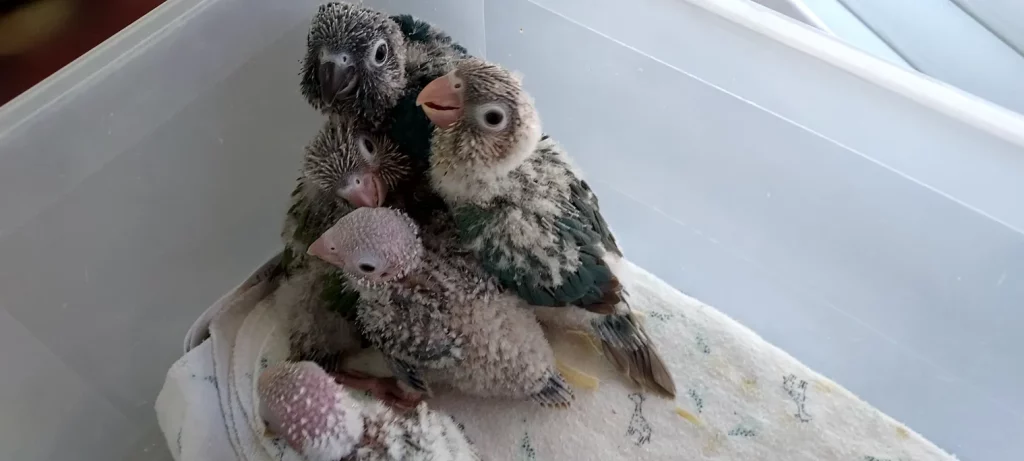
Training
As intelligent, curious and entertaining birds, violet conures are fun to play with and can be taught tricks. They also like to climb, solve puzzles and interact with their human companions. However, they do not like to be left alone for long periods of time and can become stressed if deprived of interaction, which often leads to biting.
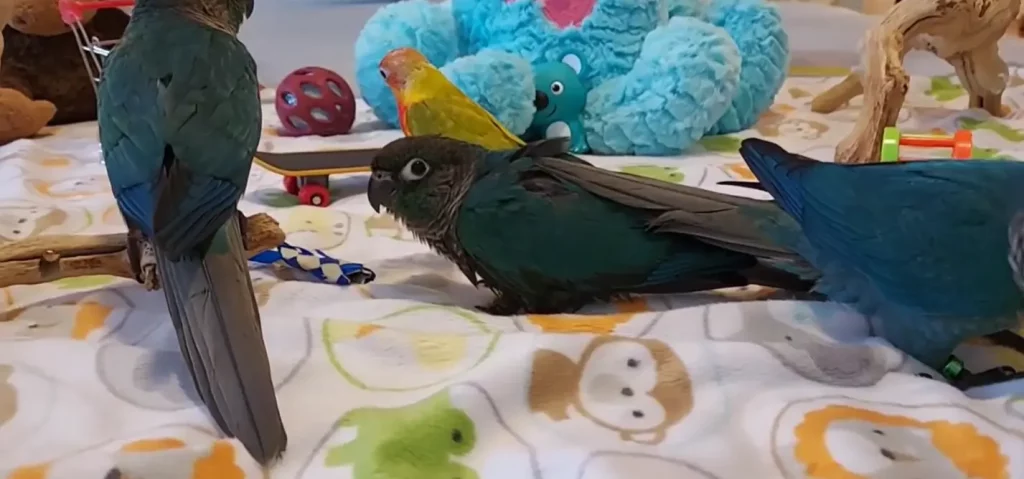
Once a conure learns that you care for it, it will begin to trust you and behave well. However, this can take some time. Conures that were once neglected or mistreated tend to think that everyone around them is out to harm them, which will make them defensive and more prone to bite.
You can train your pet to be tame by using positive reinforcement techniques, such as rewarding them when they perform a trick. Also, ensure that their habitat and toys do not contain lead or galvanized metal, as they can be poisonous to these birds.

